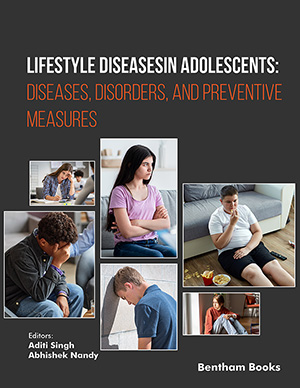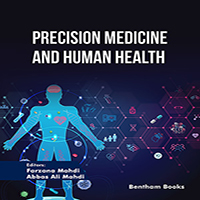Abstract
Background: Hypothyroidism is a frequently observed comorbidity in patients with chronic heart failure (CHF), possibly giving rise to unfavorable outcomes.
Aim: The aim of the study was to evaluate the impact of TSH changes over time on cardiac function and prognosis of outpatients with CHF.
Methods: Patients underwent clinical, electrocardiographic, and echocardiographic evaluations at baseline and after 12 months. Moreover, blood chemistry tests were performed to evaluate renal function, cardiac biomarkers, fT3, fT4, and TSH levels. Based on TSH serum levels, patients were retrospectively classified into four categories: Group 1, patients with improved thyroid function at one-year follow up vs. baseline; Group 2, patients with stable and mildly high TSH values (3.74 – 10 mUI/L); Group 3, patients with worsening thyroid function; Euthyroid patients Group, TSH levels within the normal range of reference at baseline as well as at 12 months follow-up. We considered as end-points: one-year changes of laboratory and echocardiographic parameters; hospitalizations due to worsening of HF (acute decompensated heart failure - ADHF); death for all causes.
Results: Among 257 patients, 174 (67.7%) were euthyroid at baseline and after 12 months. Group 1 patients (n. 22, 8.6%) showed a significant improvement in systolic and diastolic function, filling pressures, NT-proBNP and Galectin-3. Group 2 patients (n. 34, 13.2%) did not exhibit significant modifications in studied parameters. Group 3 patients (n. 27, 10.5%) showed worsening of diastolic function and NT-proBNP and a greater risk of ADHF (HR: 2.12; 95%CI: 1.20-3.74; p: 0.009) and death (HR: 4.05; 95%CI: 2.01-8.15; p<0.001).
Conclusion: In patients with CHF, changes in thyroid function over time influenced echocardiographic parameters and biomarkers reflecting modifications of cardiac function and prognosis, thus suggesting the clinical relevance of thyroid deficiency screening and correction.
Keywords: Chronic heart failure, hypothyroidism, prognosis, biomarkers, echocardiography, ventricular dysfunction.
 16
16




























